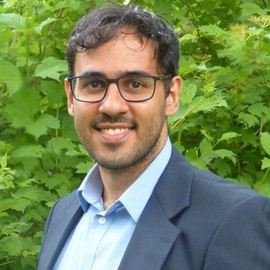
Marco is an Assistant Professor of Economics at the University of North Carolina at Chapel Hill. He received his Ph.D. in economics from the University of Wisconsin-Madison. His research covers topics in the fields of industrial organization and antitrust economics. His papers have been accepted by leading economic journals, such as American Economic Journal: Microeconomics, RAND Journal of Economics, and Quantitative Economics. His current interests include collusive behavior in the fuel industry, vertical relationships in retail, and the competitive conduct of non-profit organizations.

